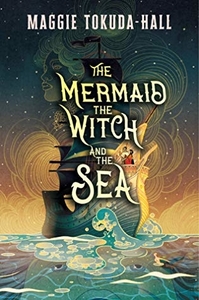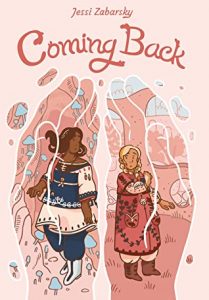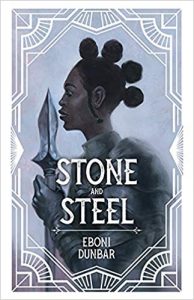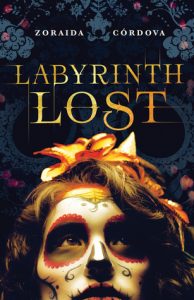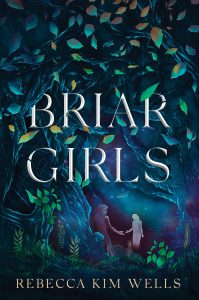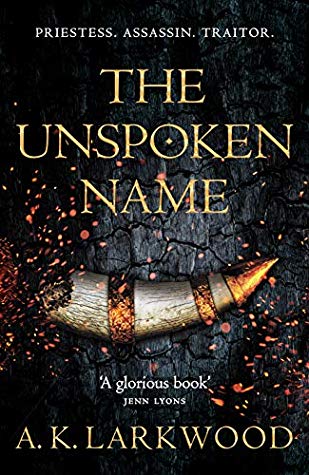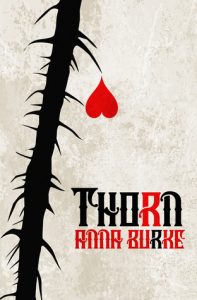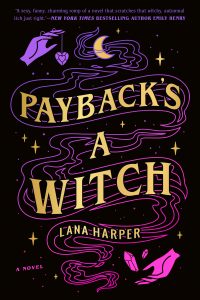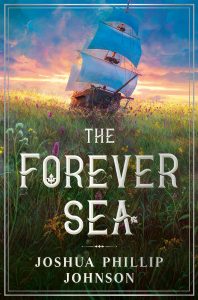Amazon Affiliate Link | Bookshop.org Affiliate Link
Sometimes we pick up a book with certain expectations – sometimes we also discover that those expectations are way off the mark. When I set out to read The Mermaid, the Witch, and the Sea I knew this: it was a YA book with romance, it was gaaay, the cover was kind of cute (so pretty!), and it was a fantasy setting with mermaids and witches (obvs from the title).
Here’s the thing, I was not emotionally prepared for what the book actually contained. I was still recovering from the turmoil of reading C.L Clark’s The Unbroken (which I highly recommend) and I needed something light to cleanse my reading palate. A pirate adventure on the high seas, perhaps! As someone who doesn’t read much YA, I thought, hey, this is probably gonna be an angsty, romantic tale with sidelong glances featuring mermaids! Magic! Fun! Haha. What I did not realize: this was going to be a dark, brooding journey about serious issues like colonialism and childhood trauma and sexual assault and one that does not shy away from depicting their brutality. That it would make me feel feelings. Sad feelings, which are right on the top of my big “No, Thanks” list right now and for all of the next decade.
Now, after all that you might be thinking that I did not enjoy the book. Not true! I think this is a wonderful book! You just need to make sure to adjust your expectations.
TLDR: Seriously, do not judge this book by its cover. AND Yes I did like the book but I’m still hella mad about everything that happened in this fictional world.
Our two young protagonists are not set up for success. Flora, who lives as Florian, is a young, Black gender bending pirate just doing his best to survive on a slaver ship called the Dove, and doing morally frowned upon things like pirates are known to do. Saddled with guilt and fiercely loyal to his only family, his brother Alfie, who, by no fault of his own, is kind of a screw up. The relationship between Alfie and Florian is depressing and complicated. In fact, every single relationship in this book is like that.
Both of our MC’s are morally ambiguous, well meaning, gay disasters. For Florian, an orphan in constant survival mode, it’s along the lines of “I thieved and kidnapped and maybe even did a murder to survive, but it doesn’t define me. I want to be better.” For Evelyn, daughter of an elite Imperial family, it is “everything I knew about my insulated and privileged but miserable world is wrong. Am I the baddy? I want to do the right thing.”
While Flora and Evelyn are struggling to right the wrongs of their pasts and in the world, the villains are out there just deliberately being evil. This book has no shortage of characters to despise. I’m talking no-redeeming-qualities dot com, with possible sociopathic tendencies. The murdering, rapey, sadist kind of villains who you really want to see walked off a short plank and snacked on by shark teefies. Nameless Captain, I’m looking at you. And don’t even get me started on that sneaky witch in the Floating Islands.
There are also some dynamic foils, such as Rake, our captain’s stoic, red haired first mate. He’s our second chances man, both receiving and giving them while still allowing brutality to unfold before him. And let’s not forget the mysterious, non-binary arbiter of justice, the Pirate Supreme.
Speaking of gender, that was one of the things I really enjoyed in the book. Flora/Florian’s exploration of gender is as complicated as you would expect, while also entangled with her identity as a pirate. How do others see Flora… or Florian? How does Flora/ian look at the world when moving between gender presentations?
(spoilers, highlight to read) For the romance, I wasn’t convinced that our characters got a truly happy ending. I mean, sure, technically they’re together, but it was kind of weird, creepy “here’s my best offer” from the devil kind of union… romantic like, well, they didn’t die! (spoilers end) Then again, this book never really felt like a romance, more of a dark tinted fantasy with a romantic arc.
But hey, great news, you can be extremely mad at a book and appreciate it at the same time. Like I sometimes feel about my cat, for instance. Is this book like a cat? Perhaps. It will put its paws all over your tender feelings and then knock them off the shelf, only to try and curl up in your lap hours later. This book, like a cat, is a little of a shite but we love them anyway.
TLDR, this is a four star read to be enjoyed in the right mindset and with proper expectations. Don’t forget, kids, YA books can mess you up real good.
Trigger warnings: violence, implied/offscreen sexual assault/rape, drug use, addiction, amputation

